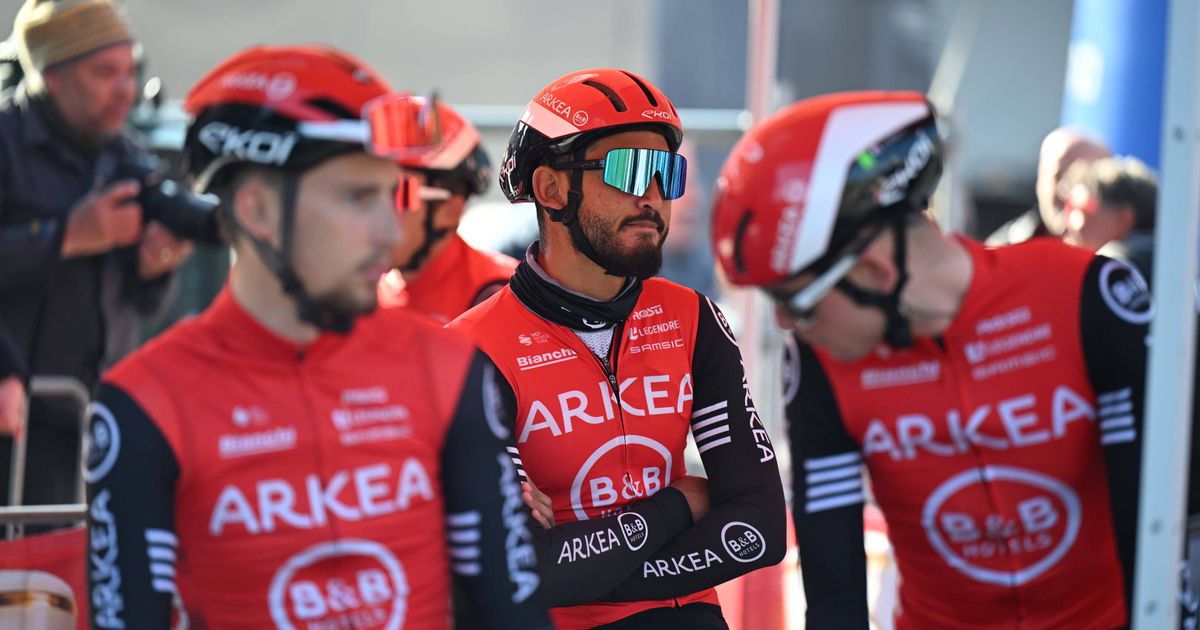Despite late attempts to find investors, no viable partnership emerged. “The past few weeks were complicated,” Hubert continued. “It seemed at one point that we were close to making it happen, that someone was ready to invest, but in the end, nothing came through. I’m not thinking about my own future right now; my priority is to find solutions for my employees.”
A sport of extremes
Beyond the human cost, Hubert pointed to a deep structural problem within modern cycling — the vast financial gulf between the richest and the rest. “Cycling gives companies visibility, and that’s a good thing,” he said. “But the truth is that some teams can invest four times more than others, and that inevitably creates sporting inequality.”
“UAE can afford to sign five or six riders to support a superstar like Pogacar in the finale of races such as Il Lombardia. That perfectly illustrates the power of teams like the Emirati squad and the gulf that exists between different structures,” he continues. “When you look at the current state of French cycling teams, it’s clear that we’re left fighting for scraps.”
Hubert believes the UCI must act to prevent further casualties. “For the future, I believe the UCI needs to regulate a few things – introduce a salary cap, for example, and perhaps also put some rules in place around transfers,” he suggested. “When Kevin Vauquelin changes teams, my outfit doesn’t receive a single euro from that transfer – nothing.”
He also called for a rethink of cycling’s business model, arguing that the sport continues to undervalue its own product. “Cycling needs a new format, a new business model,” he said. “We should be finding ways to monetise merchandising and the digital world. And then there’s the issue of TV rights – they won’t change everything, but they’re important. Teams could open their doors to cameras, give fans more access, and create new revenue streams, just as football clubs do.”
Wider concerns for French cycling
The disappearance of Arkéa – B&B Hotels leaves a significant gap in the French cycling landscape, already under pressure following years of stagnation among domestic WorldTour and ProTeam structures. Hubert fears that without reform, more teams could follow.
“A few years ago, when a team folded, it was very likely that a new one would emerge. That’s no longer the case,” he said. “Today, there are more mergers between existing teams than the creation of new ones. But the real danger is that the grassroots of the sport are being hollowed out – we’re seeing fewer youth and lower-category teams, which are essential to maintaining a talent pipeline.”
As the dust settles on the Arkéa project, Hubert’s words resonate beyond France. His call for a fairer and more sustainable model speaks to a broader truth across the professional peloton — that while the sport’s superteams soar ever higher, the foundations beneath them are beginning to crack.

